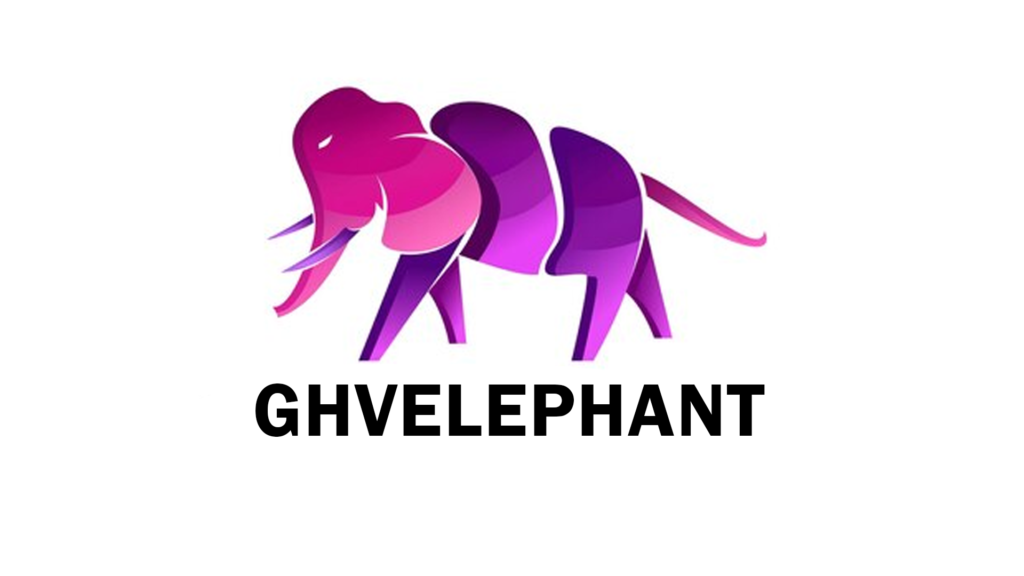Shein, the global fast-fashion powerhouse, has become a subject of rumors and speculations about its potential shutdown. With its expansive reach and affordability, Shein has attracted millions of customers worldwide. However, controversies and legal challenges have led to questions about its future. This article unpacks the situation, analyzes the claims, and explores Shein’s current position in the market.
Understanding the Shutdown Rumors
The claims about Shein’s potential closure stem from a mix of social media speculation, legal challenges, and ethical controversies. Let’s delve into the primary reasons behind these rumors.
Legal Challenges
Shein faces a lawsuit under the Racketeer Influenced and Corrupt Organizations Act (RICO), filed in the United States. This case alleges systematic copyright infringements, with independent designers accusing Shein of replicating their original works without permission. The RICO lawsuit highlights concerns over the company’s practices, casting a shadow on its reputation.
Additionally, competitors have accused Shein of anti-competitive practices, such as pressuring manufacturers into exclusive agreements. These legal battles amplify concerns about Shein’s sustainability and operational ethics.
Ethical and Social Concerns
Shein has been criticized for its sourcing practices, including allegations of using cotton from regions associated with forced labor. The company’s supply chain has come under scrutiny for potential violations of human rights laws, raising questions about its compliance with ethical standards.
Concerns have also been raised about environmental sustainability, with critics highlighting the disposable nature of fast fashion and its impact on waste and pollution.
Social Media Speculation
Platforms like TikTok and Twitter have played a significant role in amplifying rumors about Shein’s shutdown. Viral posts and videos have fueled speculation, often without credible evidence or official statements to back the claims.
Shein’s Current Position
Despite these controversies, Shein’s business trajectory suggests resilience and growth rather than decline. Here are the key indicators that the company is far from shutting down.
Financial Strength
Shein reported revenues of approximately $24 billion in 2022, placing it among the top players in the global fashion industry. Its valuation has soared to $100 billion, driven by substantial investment rounds. These financial milestones reflect a company that continues to thrive despite challenges.
Expansion Plans
Rather than scaling back, Shein is actively expanding. The company has announced plans for an Initial Public Offering (IPO) in 2024, a move that typically signals confidence in financial health and growth potential. Moreover, Shein is investing in new markets and strengthening its logistics and supply chain infrastructure.
Adaptation and Innovation
Shein has made efforts to address some of its controversies. For instance, the company has pledged to improve supply chain transparency and adopt more ethical manufacturing practices. While challenges persist, Shein’s ability to adapt and innovate remains a core strength.
Comparing Shein with Competitors
To better understand Shein’s position, let’s compare it with its key competitors, Zara and H&M.
| Aspect | Shein | Zara | H&M |
|---|---|---|---|
| Revenue (2022) | $24 billion | $23 billion | $22 billion |
| Business Model | Online-first, fast fashion | Retail stores & online | Retail stores & online |
| Controversies | Ethical sourcing, copyright issues | Limited concerns | Environmental sustainability criticized |
| Market Strategy | Aggressive expansion | Gradual growth | Sustainable initiatives |
| Planned IPO | Yes (2024) | No | No |
Why Shein Is Unlikely to Shut Down
Global Reach
Shein operates in over 150 countries, serving a diverse customer base with its online-first model. This extensive reach gives the company a competitive edge, allowing it to adapt to market changes and tap into emerging economies.
Customer Loyalty
Despite controversies, Shein has a loyal customer base drawn to its affordability and trendy designs. The company’s ability to analyze consumer preferences and deliver new styles quickly has solidified its market presence.
Strategic Investments
Shein continues to attract significant investments, which are being funneled into technology, logistics, and market expansion. These investments indicate long-term growth plans, contrary to shutdown rumors.
Addressing Controversies
Legal Issues
While the RICO lawsuit is a serious matter, legal experts note that cases involving copyright infringement in the fashion industry are complex and often take years to resolve. Shein’s decentralized operational structure further complicates legal proceedings, making it difficult to pinpoint liability.
Ethical Concerns
Shein has pledged to address concerns about labor practices and sustainability. The company is reportedly exploring partnerships with ethical suppliers and increasing transparency in its operations. While these steps are still in progress, they demonstrate a willingness to evolve.
Environmental Impact
Fast fashion has long been criticized for its environmental footprint. Shein has begun taking steps to reduce waste, such as offering recycling programs and exploring more sustainable materials. However, critics argue that these initiatives need to be scaled significantly to make a meaningful impact.
Shein’s Future Outlook
While the controversies surrounding Shein are substantial, the company’s financial health and strategic initiatives suggest a robust future. The planned IPO in 2024 is a strong indicator of confidence, as is the company’s focus on innovation and market expansion.
Challenges Ahead
- Regulatory Scrutiny: Shein must navigate increasing regulatory pressure, particularly in markets like the U.S. and Europe.
- Consumer Awareness: As consumers become more conscious of ethical and environmental issues, Shein will need to align its practices with these expectations.
- Competition: Rivals like Temu, Zara, and H&M are intensifying competition, challenging Shein to maintain its edge.
Opportunities
- Technological Integration: Shein’s use of AI and data analytics to predict trends and optimize inventory remains a key strength.
- Emerging Markets: Expanding into untapped markets offers significant growth potential.
- Rebranding Efforts: By addressing controversies and enhancing transparency, Shein can improve its public image and build trust.
Conclusion
The rumors about Shein shutting down appear to be largely unfounded. While the company faces significant legal and ethical challenges, its financial strength, expansion plans, and ability to adapt suggest a bright future. As Shein continues to navigate these complexities, its position as a leader in the fast-fashion industry remains strong.












